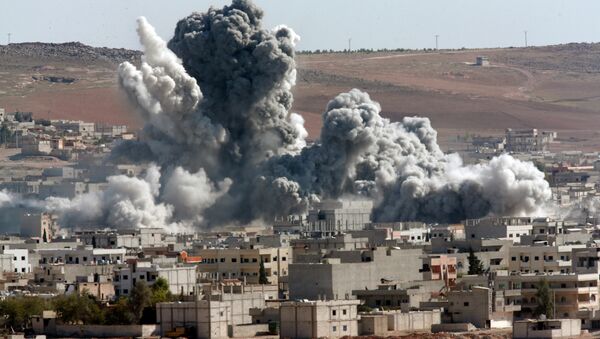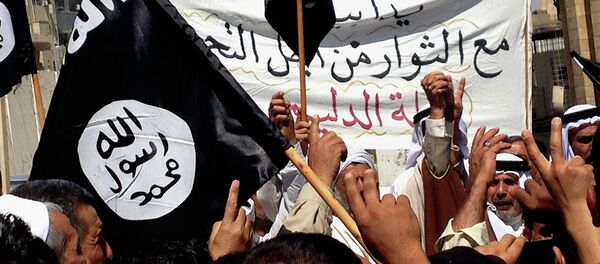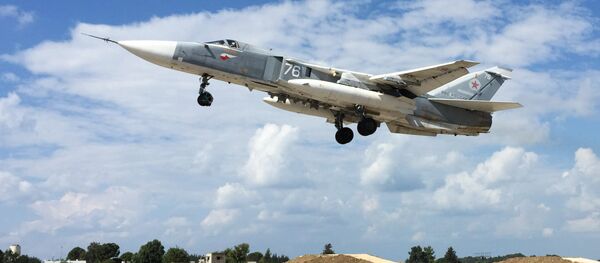A former senior administration official, who refused to name himself, told Defense One that there weren’t any comprehensive discussions in Washington on what to do in Syria within the last four years. He pointed out that the ultimate aim for the US statesmen was not to get deeply involved in the war, adding that the policy eventually crashed.
“We were a little detached from the conflict because we had the impression we could keep the lid on it, and looking back, I think that was clearly wishful thinking," the official said.
Another high profile official, Robert Ford, the former ambassador to Syria, claimed that “reluctance” to meddle in the conflict is common in the White House, adding that chairmen “have often waited for the perfect at the expense of the good.” He highlighted that it starts with president Obama, who is unable to take drastic measures.
“[I]nstead of having Syrian indigenous forces fighting the Islamic State and prevailing, we had to use American air power, which is more expensive and will damage our credibility even more if it is not successful,” he told Defense One.
So far, the results of US policy in Syria look quite poor, with ISIL remaining undefeated, thousands of refugees fleeing to Europe and Moscow acting in the region more effectively than Washington.
While the CIA-backed program on supporting rebels in Syria is supposed to be “resolved” sometime soon, Washington officials realize that active steps like putting boots on the ground are needed to save US face, but it seems no one in the White House would yalk this idea out, according to Defense One.



